Brave New World: The Hidden Horror of Hedonism
The Danger Of A Society Giving You Everything You Could Ask For

Aldous Huxley’s Brave New World is the most prophetic dystopian story of the 20th century. He saw the one pattern of our civilization that Orwell missed:
The real danger is not state oppression, but pleasure.
Huxley warned mankind would come to worship pleasure, surrender his freedoms, and even sacrifice his humanity, all to embrace an inhumane dystopia of self-imposed slavery to hedonism.
Here’s a deep dive into Brave New World, the hidden horrors of hedonism, and Huxley’s solution to find meaning under the soft tyranny of soul-sucking pleasure.
Reminder:
Subscribe to support my mission of restoring Truth, Beauty, Goodness, and God to the heart of the West!
Sex, Drugs, and Happiness
Brave New World is set in the future with a technologically advanced, prosperous society. Its citizens want for nothing — society is materially prosperous and medically sound. There is no illness, and though citizens age, medicine helps citizens keep their youthful appearance and vigor.
So far, this society sounds wonderful, but there’s a sinister problem under the surface.
The “World State” governs this society, celebrating “unity” and order by any means. But this isn’t the classical unity of a community bound by shared moral values. This unity is enforced. Citizens must conform to state-mandated norms designed to maintain stability.
How is this unity kept?
In three words — sex and drugs.
Citizens are pacified with orgies and rampant drug use. Monogamy is taboo, and childbirth takes place in state-run “hatcheries,” where embryos are grown in labs.
Sex is reduced to impersonal pleasure. Families, marriage, and parental bonds are non-existent. And the drugs are worse.
The chief drug of The World State is soma — a pleasure pill that immediately puts your mind into a state of ecstasy. Citizens are to carry soma at all times, and are instructed to take it the moment they feel any form of sadness, displeasure, or dissatisfaction.
So this is Brave New World — a future of enforced unity via sex, drugs, and hedonism due to the worship of pleasure and personal autonomy.
Still, one might ask — Is this actually a bad thing? A society of all pleasure and no pain?
Well, let’s look at what happens when an outsider joins this society.
The Pains of Beauty
“John the Savage,” is this story’s secondary protagonist.
He lives in poverty within a native tribe outside the World State, a society akin to an indigenous community — without the technology and comforts of the modern world.
It’s a grueling life of pain and suffering, but John enjoys a freedom entirely foreign to the One State:
Literature.
Books are banned inside the State, yet John reads Shakespeare and practices Christianity. By modern standards his life is “miserable” — marked by poverty, pain, and little pleasure — but his inner life is rich and meaningful. He prefers his poverty, books, and faith to all the pleasures the State offers. He feels so strongly that he actually travels to society, hoping to “free,” its citizens from the tyranny of soul-draining hedonism.
When he arrives, however, the director of The One State gives him a stark warning, explaining why the government is oppressing people with pleasure:
“Those poor pre-moderns were mad and wicked and miserable. Their world didn’t allow them to take things easily, didn’t allow them to be sane, virtuous, happy…
Henry Ford himself did a great deal to shift the emphasis from truth and beauty to comfort and happiness. Mass production demanded the shift. Universal happiness keeps the wheels steadily turning; truth and beauty can’t.”
The director affirms that truth and beauty are valuable, but make man miserable. He stresses most of mankind wants to be happy — that they’d rather the comforts of sex, drugs, entertainment, over the rigorous and painful pursuit of beauty.
He affirms the pain of Truth and Beauty comes at a burden that is too heavy for modern man to bear:
“Happiness has got to be paid for. You’re paying for it, because you happen to be too much interested in beauty. I was too much interested in truth; I paid too.”
In short, the elites of The World State prefer the freedom of Truth, Beauty, and Goodness for themselves, but pacify the masses with cheap pleasure. This “freedom,” of the people is just slavery — an economic machine fueling the lavish lifestyle of the elites.
Yet still, you don’t see the real horror of this world until John enters into society himself (spoilers).
A Pitiful Prophet
John enters into society and tries to deliver the “Good News.”
He stresses to the populace that there’s more to life than pleasure — that there’s great literature, philosophy and ideals to live by, and that they can discover a life of virtue.
Society takes notice of John, but for all the wrong reasons.
They don’t listen to his words, but make a spectacle out of his dark skin and “savage,” appearance. Rather than a prophet, he becomes just another object of entertainment to consume.
Distraught, John tries to live as a recluse, but the people won’t grant him peace. They repeatedly show up to his house and harass him — encouraging him to take drugs and join their orgies.
After weeks of pressure, John finally caves, takes soma, and participates in the festivities of “free love.”
When he sobers up, he can’t live with the shame of his actions and takes his own life.
The lesson is stark — to the free man who knows the joys of Truth, Beauty, and Goodness, a life of immoral pleasure is an unbearable Hell on Earth. The “happiness,” of hedonism is nothing but a self-induced coma of numbness that destroys your humanity.
So where then, if anywhere, is the hope in this story?
Conclusion
Despite John’s tragic end, his wisdom is still that of a prophet.
Consider his defiant words to the director of the World State:
“But I don't want comfort. I want God, I want poetry, I want real danger, I want freedom, I want goodness. I want sin.”
For John, amoral hedonism was suicide, but a painful life undergirded by a love of virtue, beauty and God was meaningful and authentic. He teaches us that suffering is not an evil, rather it’s a guidepost.
Life’s pains are not meant to be escaped through pleasure, rather they’re to be conquered, and man conquers his pains through love of Truth. John’s promise — the promise of the Great Books and the Bible — is not that a virtuous life is an easy life. It’s a promise that a virtuous life grants you the strength to redeem your suffering.
Your truest, most authentic self, is derived from this very battle with life’s pains through a love of the Good.
The answer to Brave New World then, is bravery… the bravery to embrace a faith that opens your heart to suffering, trusting that Providence will grant you the strength to endure.
Consider the words of CS Lewis:
“To love at all is to be vulnerable. Love anything and your heart will be wrung and possibly broken. If you want to make sure of keeping it intact you must give it to no one, not even an animal. Wrap it carefully round with hobbies and little luxuries; avoid all entanglements. Lock it up safe in the casket or coffin of your selfishness.
But in that casket, safe, dark, motionless, airless, it will change. It will not be broken; it will become unbreakable, impenetrable, irredeemable. To love is to be vulnerable.”
As Brave New World shows, there is always a temptation to choose a safe life, free of pain — but such comfort comes at the cost of love, meaning, and the very adventure that forges your soul.
To live with purpose, you must pursue a greater aim than personal pleasure. You were made for far greater things — and such greatness comes when you dare to wrestle with the True, the Good, and the Beautiful, in the name of love.
Thank you for reading!
Subscribe for free if you would like weekly emails on the Great Books, and their life lessons on Truth, Beauty, and Goodness
And remember:
Paid members receive an additional members only email every week!


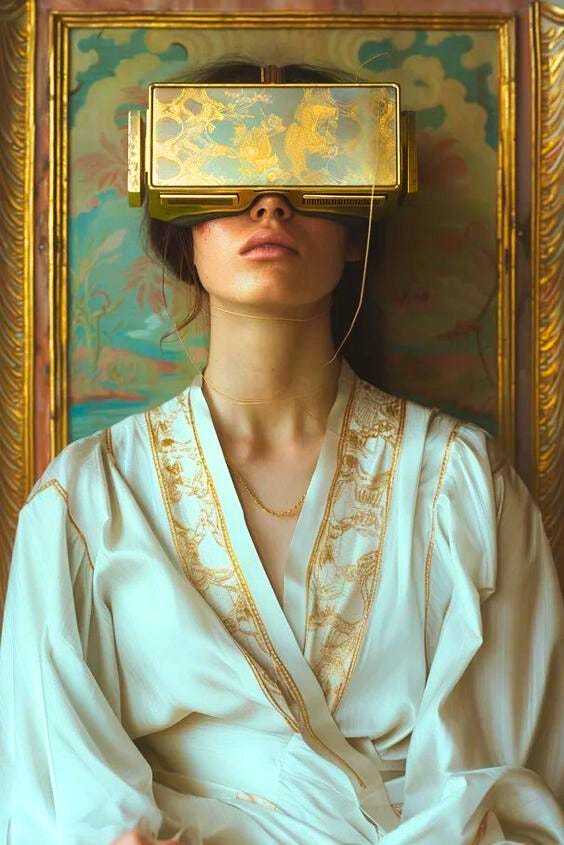
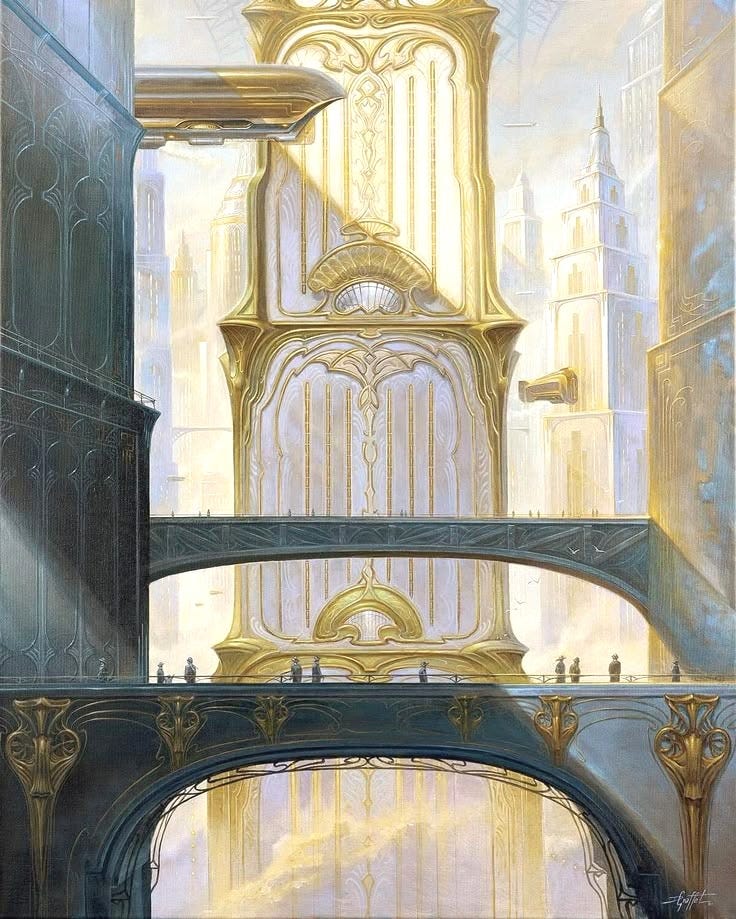
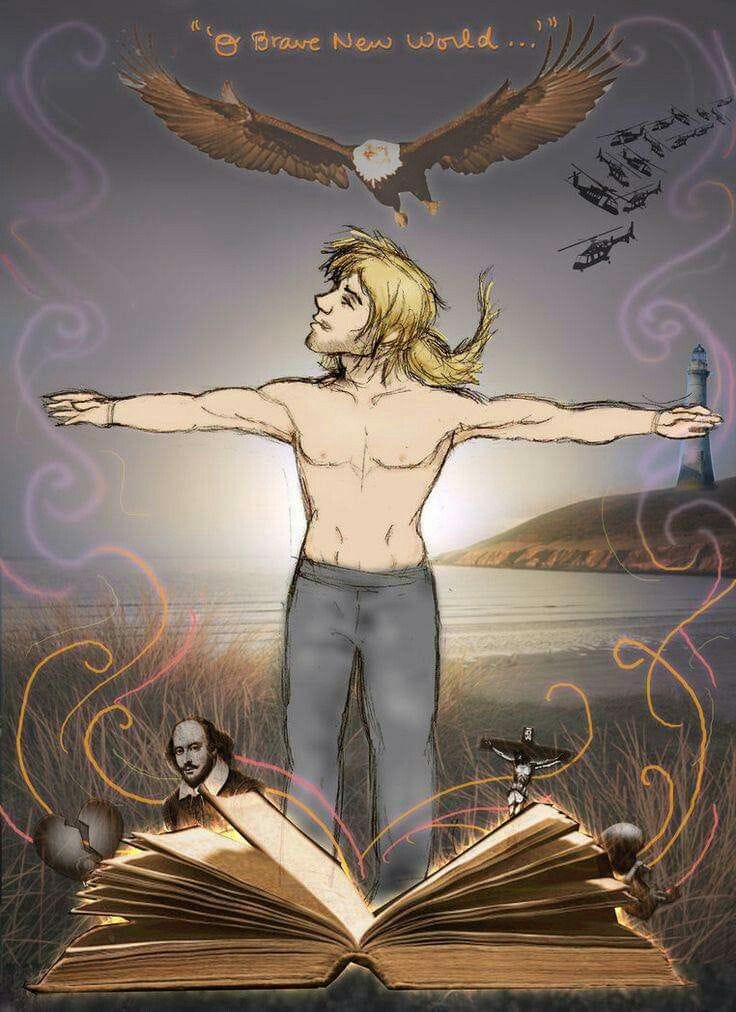
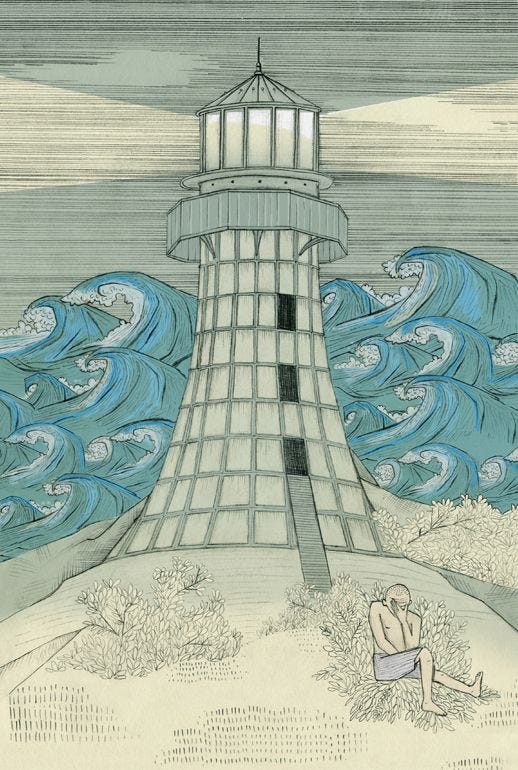
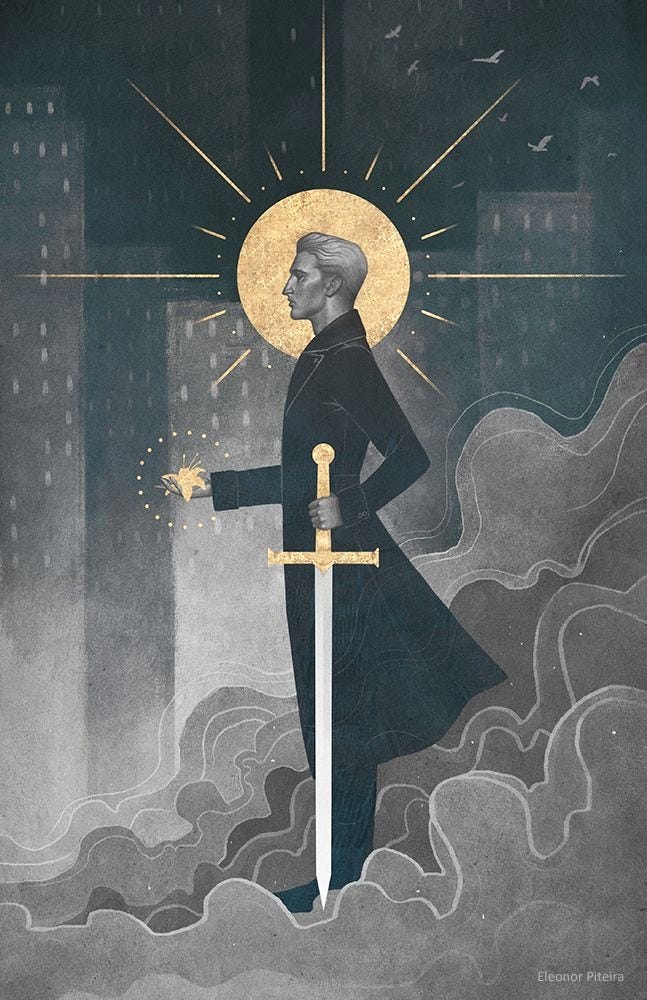
I discovered you yesterday. Themes of speaking for truth, sacrifice and being killed for the truth (tale of 2 cities). With the horrific killing of Charlie Kirk, you have prepared me to be of truth even to the point of death. Thanks for reviewing books that are relevant for truth from Dostoevsky, Dickens, Orwell, Solzhenitsyn and many more. You are timely and right on. Western civilization needs a voice and a few guides to embrace so much truth, beauty and goodness
Dr Mark Armstrong classical educator
Life is defined by contention. It’s only by that contrast can one appreciate the positive from the negative. Contention of various degrees is through which one grows and life is enriched.